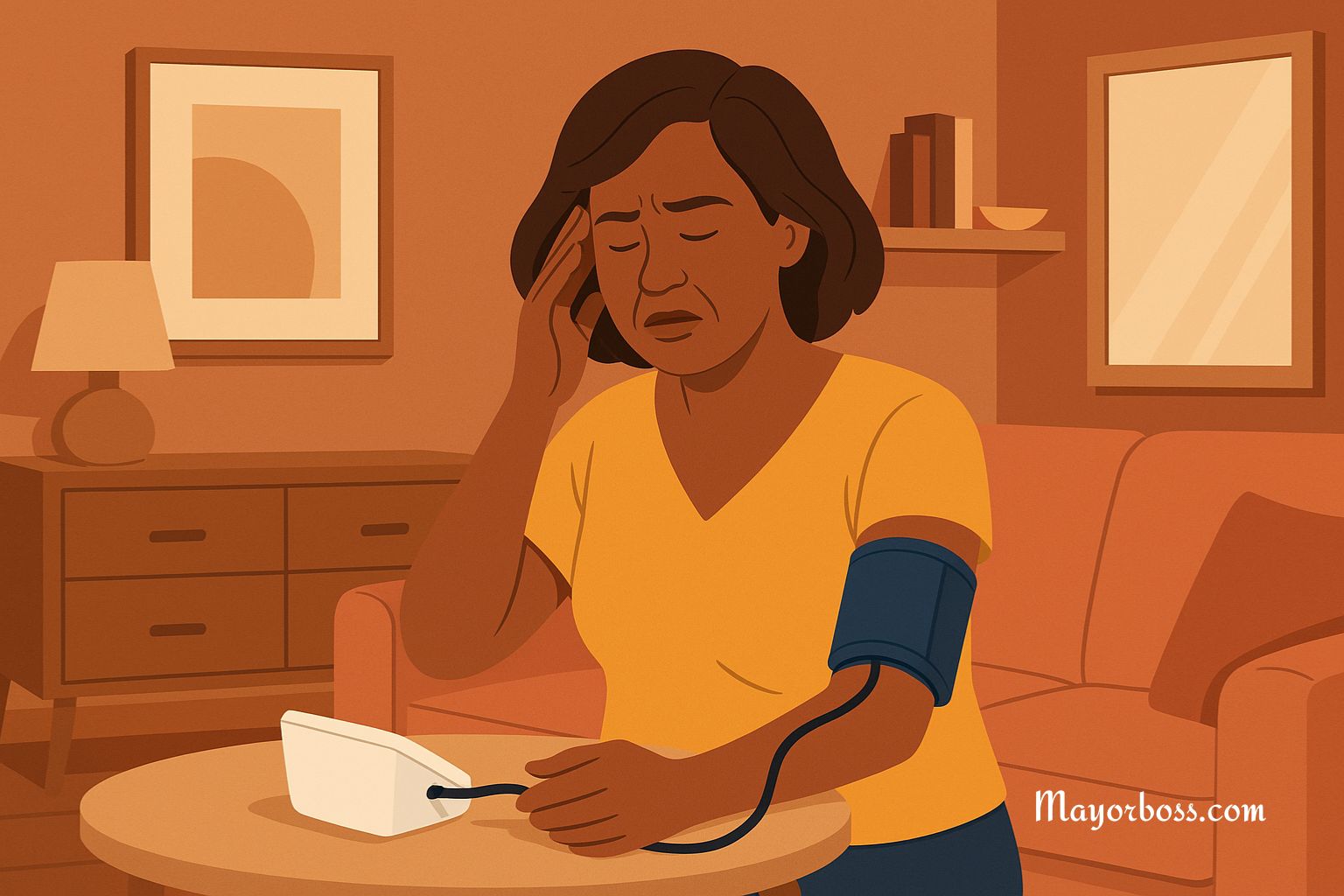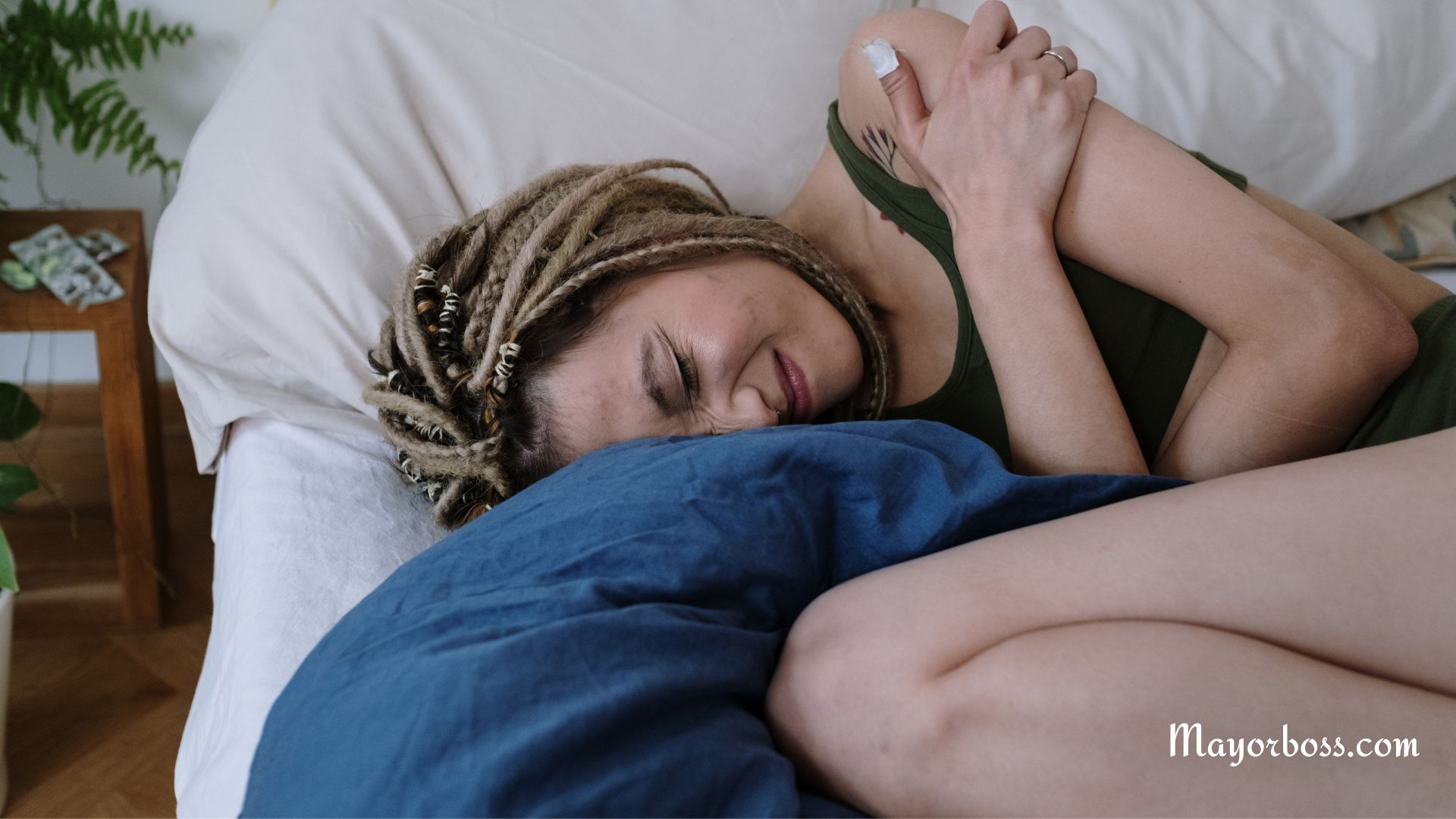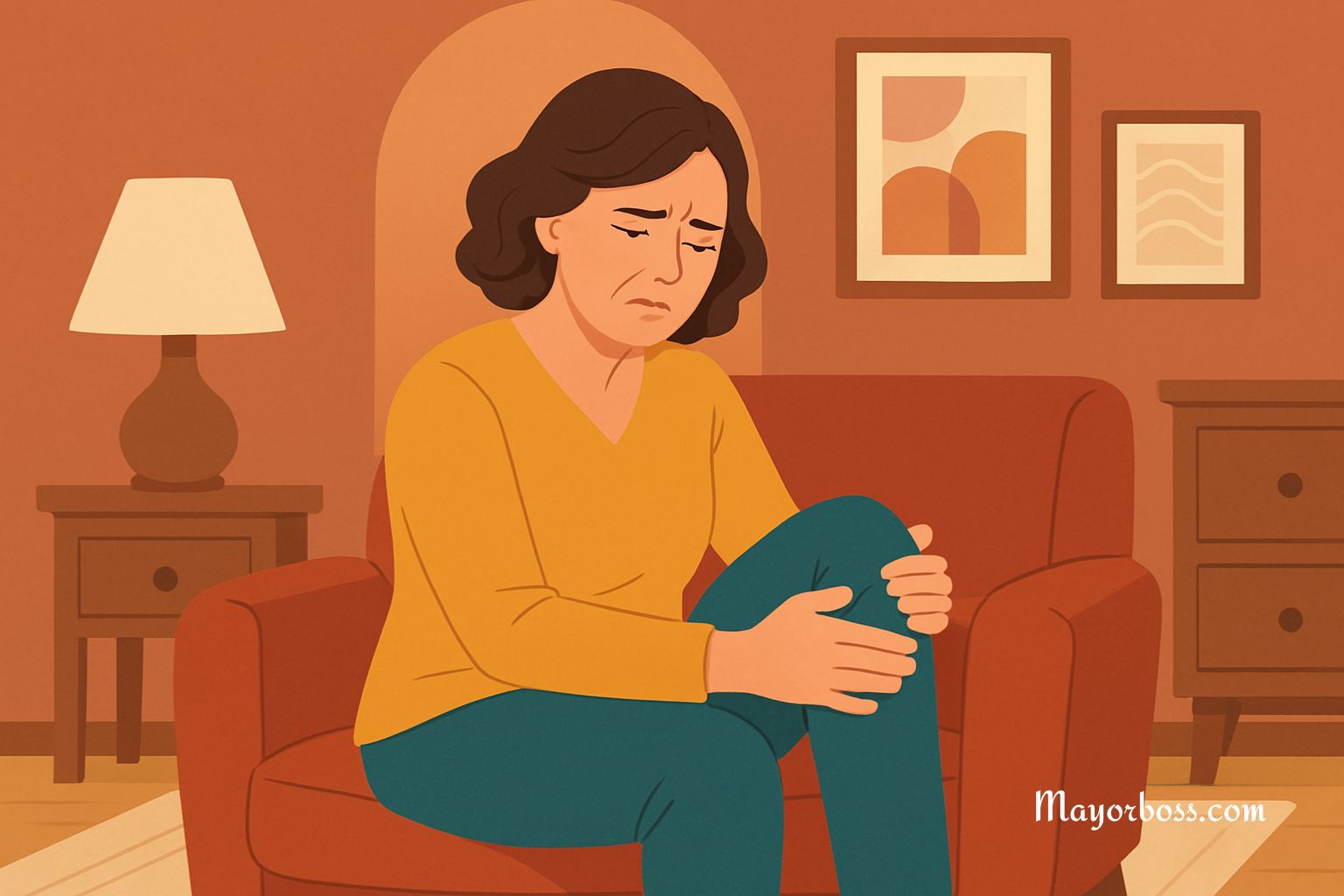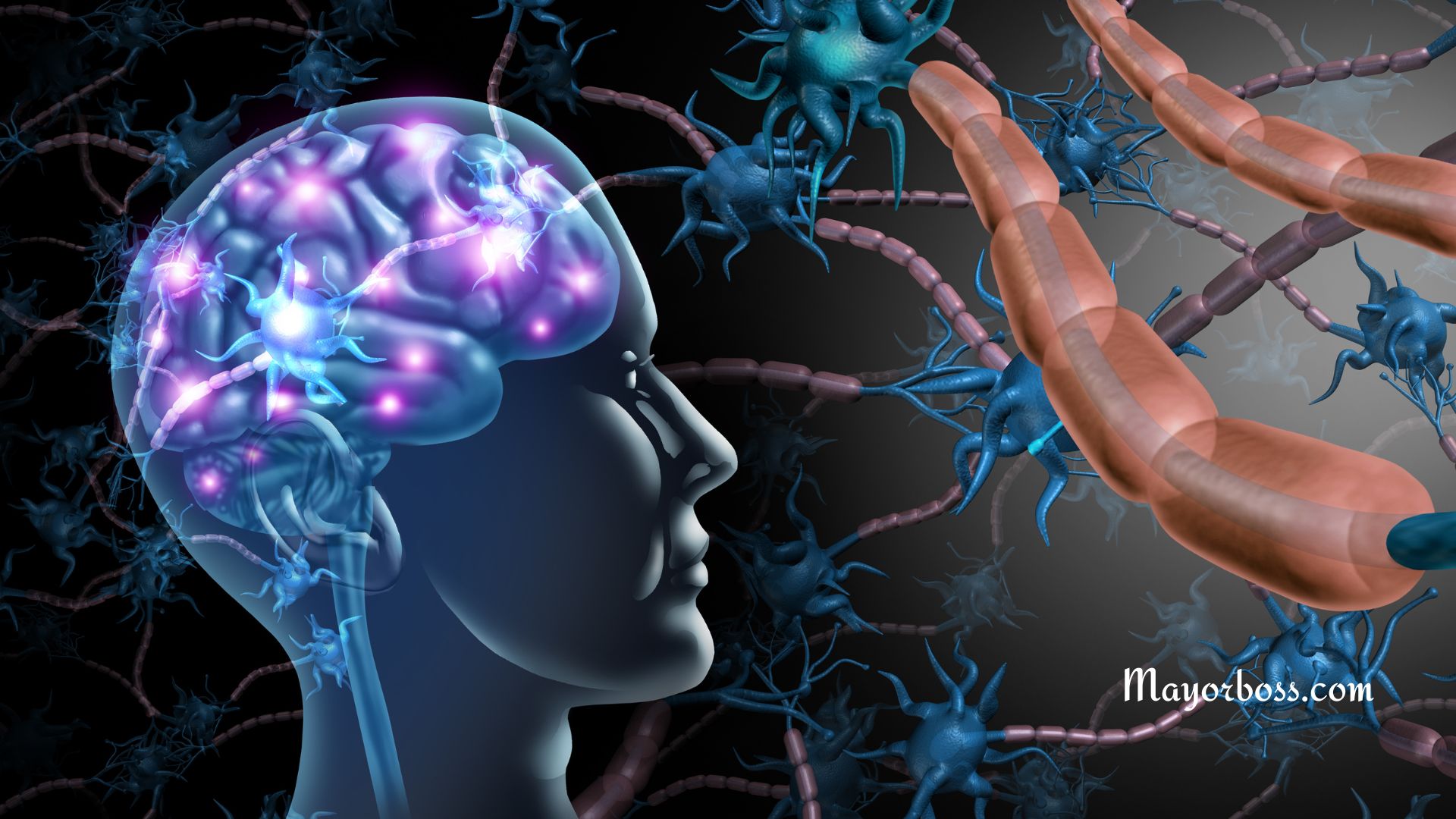Overactive Bladder Symptoms
An overactive bladder is often related to the aging process. Indeed, studies show that up to 30% of older adults may experience an overactive bladder, which means frequent urination or a sudden, uncontrollable urge to urinate. This can happen even if your bladder isn’t full. However, this is not exclusively a condition of old age; it can happen to anyone, and it is more common than you may think.
Dr. Natalia Hapych, a well-respected family doctor, explains that while occasional urges to urinate are nothing to worry about, persistent or frequent urges can interfere with your quality of life. Let’s explore what might be causing this condition and how you can manage it.
Main Symptoms of An Overactive Bladder
These symptoms include:
- Urgency: You have a sudden, intense urge to urinate that you can’t control.
- Frequency: You urinate often, typically eight or more times in 24 hours.
- Nocturia: You wake up multiple times during the night to urinate.
- Urge incontinence: You lose urine immediately after feeling the urgent need to urinate.
If you recognize any of these symptoms, it’s crucial to consult your healthcare provider. This will help determine whether you have an overactive bladder and what can be done about it.
Potential Causes
Hormonal Changes
Like many body functions, bladder control is influenced by hormonal changes. Hormonal imbalances can affect bladder function, leading to an overactive bladder. Particularly, the hormones estrogen in women and testosterone in men play a role in bladder health.
A simple blood test can determine your hormonal levels. If an imbalance is found, Dr. Hapych may recommend hormone therapy or other treatments to help manage your symptoms.
Neurological Disorders
Neurological conditions like multiple sclerosis, Parkinson’s disease, and stroke can disrupt the signals between the brain and the bladder, causing bladder control problems.
Treatment for the underlying neurological condition may help manage the symptoms of an overactive bladder. If the symptoms persist, other treatments focused on improving bladder control may be necessary.
Excessive Fluid Intake
Drinking large amounts of fluid, especially caffeinated or alcoholic drinks, can increase urine production and bladder activity, leading to an overactive bladder.
Dr. Hapych recommends limiting your intake of such fluids, particularly in the evening, to help manage the symptoms.
Bladder Abnormalities
Bladder stones, tumors, or other obstructions can lead to an overactive bladder. These abnormalities can block the flow of urine, causing your bladder to become overactive in an attempt to eliminate the urine.
Diagnosing and treating the underlying condition causing the obstruction can often relieve overactive bladder symptoms.
Aging
As we age, bladder muscles can weaken, and our bladder capacity can decrease. This can result in more frequent urination or incontinence.
While aging is a natural process we can’t avoid, lifestyle changes and treatments can help manage the symptoms of an overactive bladder related to aging.
What You Can Do
Lifestyle Changes
Making some simple lifestyle modifications can help manage an overactive bladder:
- Limit fluid intake, especially in the late afternoon and evening.
- Avoid bladder irritants like caffeine and alcohol.
- Practice bladder control strategies, such as urinating at regular intervals and holding urine for longer periods gradually.
- Maintain a healthy weight since excess weight can increase pressure on the bladder.
Medications
Various medications are available that can calm an overactive bladder:
- Anticholinergics, which help relax the bladder muscles.
- Mirabegron (Myrbetriq), which relaxes the bladder muscles, allowing the bladder to hold more urine.
- Botox, which can be injected into the bladder muscle, causes the bladder to relax, increase its storage capacity and reduce episodes of leakage.
Bladder Injections
Bladder injections, such as Botox, can be used in severe cases to help relax the bladder and increase its storage capacity.
Nerve Stimulation
Nerve stimulation treatments, like sacral nerve stimulation or percutaneous tibial nerve stimulation, can help manage an overactive bladder by sending signals to the nerves responsible for bladder control.
In Conclusion
If you’re experiencing symptoms of an overactive bladder, it’s crucial to seek medical help. While these symptoms can be uncomfortable and even embarrassing, remember that you’re not alone. Conditions like this are more common than you might think, and help is available.
Don’t hesitate to make an appointment with a healthcare provider like urologist. They will review your symptoms, medical history, and overall health to help you find the right treatment for your overactive bladder. Managing this condition can significantly improve your quality of life.
Further Reading: What Causes Adult Bedwetting: 5 Common Causes






